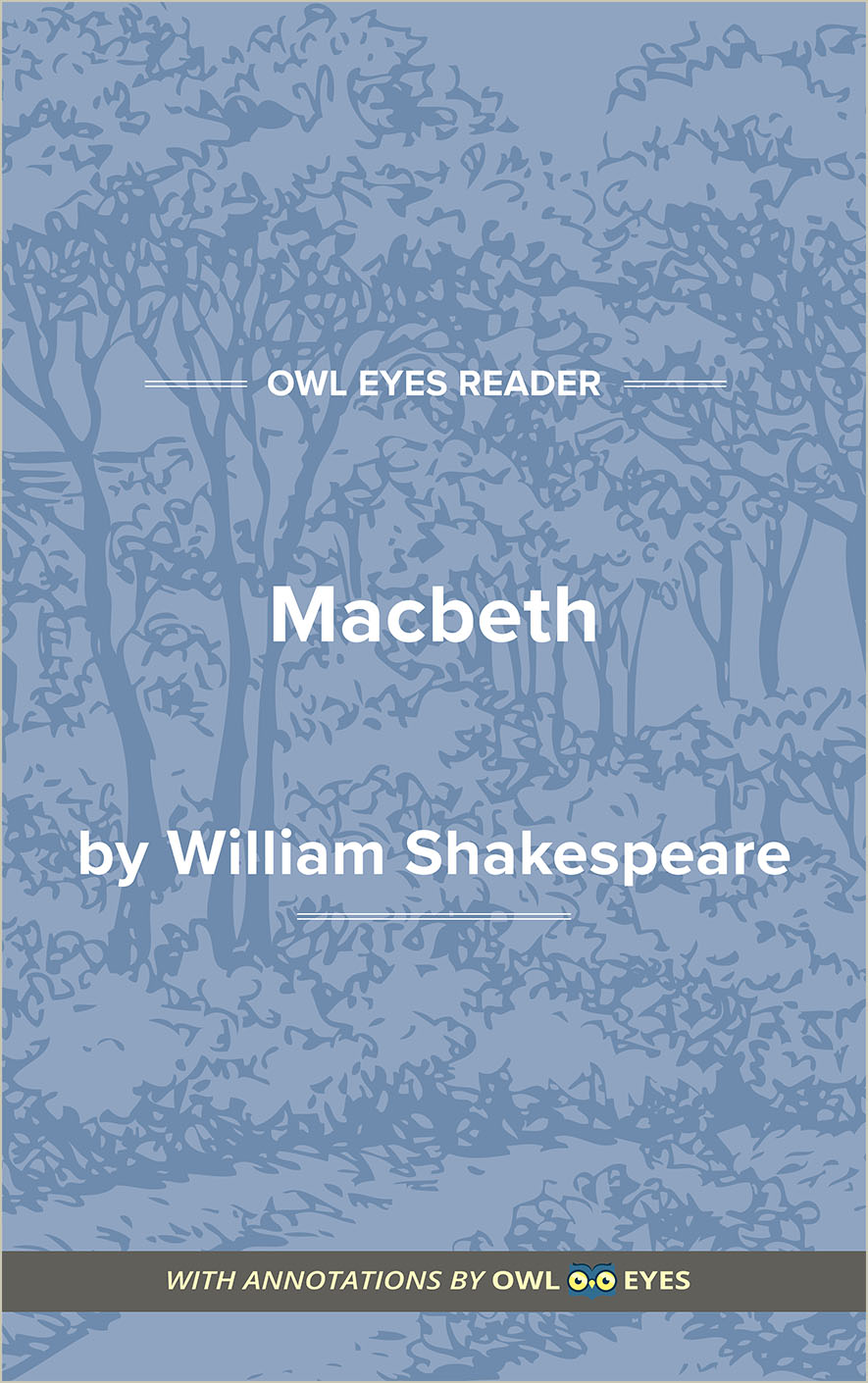Analysis Pages
Tone in Macbeth
Tone Examples in Macbeth:
Act I - Scene I
🔒"Fair is foul, and foul is fair...." See in text (Act I - Scene I)
Act III - Scene I
🔒"We are men..." See in text (Act III - Scene I)
Act III - Scene IV
🔒"Avaunt, and quit my sight!..." See in text (Act III - Scene IV)
Act IV - Scene I
🔒"Her nine farrow; grease that's sweaten..." See in text (Act IV - Scene I)
Act V - Scene V
🔒"Tomorrow, and tomorrow, and tomorrow Creeps in this petty pace from day to day To the last syllable of recorded time; And all our yesterdays have lighted fools The way to dusty death. Out, out, brief candle!(25) Life's but a walking shadow, a poor player That struts and frets his hour upon the stage And then is heard no more. It is a tale Told by an idiot, full of sound and fury, Signifying nothing..." See in text (Act V - Scene V)

